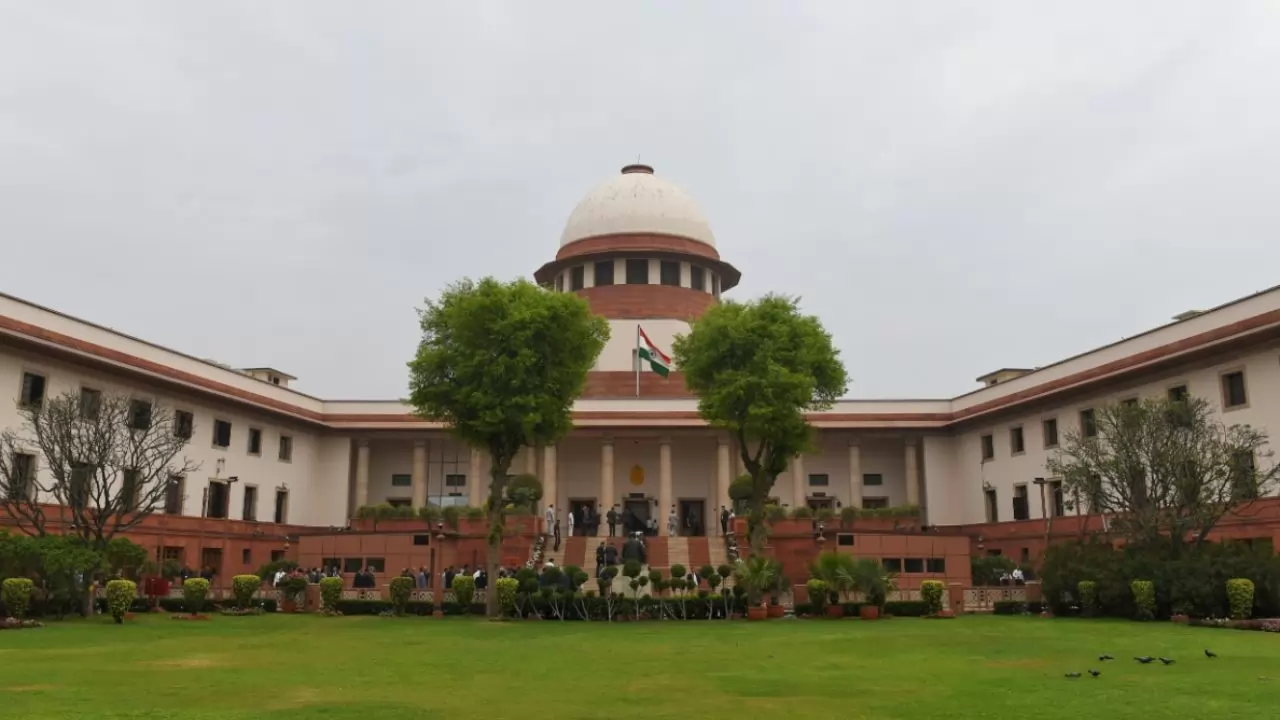
ANI
In a groundbreaking move, a Muslim woman from Kerala has approached the Supreme Court, seeking the right to renounce her religious identity, reject the Sharia law's authority over inheritance, and avail protection under the secular Indian Succession Act, 1925. Here's a closer look at the key aspects of her plea:
The petitioner, UA Muhammed, aims to break free from what she perceives as the discriminatory grip of Sharia law, particularly its unequal treatment of women. She seeks legal recognition as a non-practising Muslim and demands access to inheritance rights under the Indian Succession Act, 1925.
Muhammed's plea confronts the legal intricacies surrounding Muslim personal law in India. While Sharia mandates certain inheritance provisions, Muhammed argues against its application, citing gender bias. Her petition underscores the need for gender-neutral inheritance laws to ensure equitable rights for women.
A crucial aspect of Muhammed's challenge lies in reconciling secular legal principles with religious practices. While the Indian Succession Act offers a secular framework, its exemption for Muslims complicates matters. Muhammed contends that this exemption denies her rightful access to legal remedies.
Muhammed's plea extends beyond her own interests to safeguard her daughter's inheritance prospects. By advocating for the application of the Indian Succession Act, she seeks to secure her daughter's entitlement to her estate, free from the constraints of Sharia-based inheritance norms.
Muhammed's case prompts a critical examination of constitutional rights and religious freedoms. The Supreme Court's deliberations will likely revolve around fundamental rights, including the freedom to choose one's beliefs and access justice under secular laws. The appointment of a law officer to assist in the case underscores its significance.
At its core, Muhammed's plea resonates with broader efforts to address gender disparities within legal frameworks. By challenging patriarchal norms entrenched in religious laws, she advocates for gender-sensitive reforms that uphold the principles of equality and justice for all.
As Muhammed's petition progresses through the judicial process, it opens avenues for a nuanced discourse on the intersection of faith, law, and gender rights in India. The Supreme Court's forthcoming decision holds the potential to shape future legal interpretations and advance the cause of gender equity in inheritance laws.
Muhammed's courageous stand underscores the imperative for inclusive legal frameworks that uphold individual rights and promote gender equality, transcending religious boundaries and fostering a more just society.





Copyright © 2026 Top Indian News
